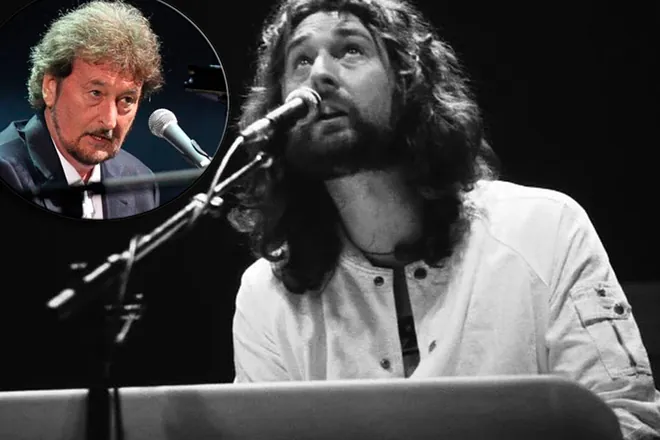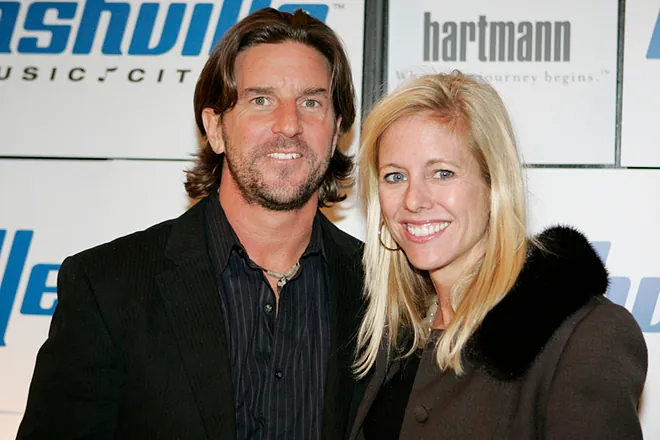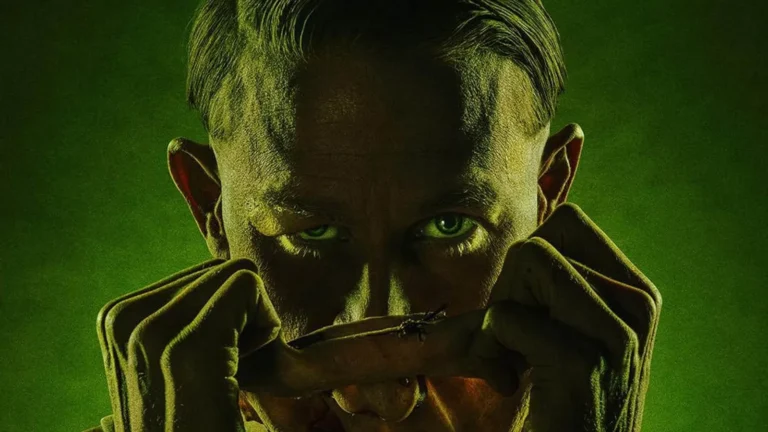Rick Davies, the gravel-voiced pianist whose songs defined the sound of Supertramp, has died at the age of 81. The news was confirmed in a statement shared by the band and reported in multiple outlets. Davies passed away on September 5, 2025, at his home on Long Island, after a decade-long fight with multiple myeloma, a cancer of the bone marrow.
For more than five decades, Davies was the steady hand and soulful presence behind one of the most successful rock bands of the 1970s and early 1980s. His distinctive vocals, jazz-tinged piano style, and songwriting made him the heartbeat of Supertramp, a group that sold tens of millions of records and left behind an enduring catalog of anthems.

From Swindon to Stardom
Born in Swindon, England, in 1944, Davies began his career as a drummer before shifting to piano, where he discovered the instrument that would shape his musical destiny. In 1969, he was given the chance to form a new band through the support of a Dutch millionaire. The following year, alongside Roger Hodgson, he co-founded Supertramp in London.
The band cycled through early line-ups before hitting its stride in 1974 with the album Crime of the Century, which included Davies’ biting social critique “Bloody Well Right.” The record launched Supertramp into international recognition.
Their greatest commercial triumph came five years later with Breakfast in America. Powered by chart-topping singles like “The Logical Song,” “Take the Long Way Home,” and Davies’ swaggering “Goodbye Stranger,” the album sold more than 30 million copies worldwide and won two Grammy Awards. It cemented Supertramp’s place in rock history.
The Songs That Carried His Voice
While Hodgson brought a higher-pitched, ethereal tone to the band, Davies provided the earthy counterweight. His raspy, blues-inflected vocals and lyrical wit shone in tracks such as:
- “Rudy”
- “Ain’t Nobody But Me”
- “From Now On”
- “Just Another Nervous Wreck”
Together, Davies and Hodgson co-wrote hits like “It’s Raining Again” and “Give a Little Bit.” Their contrasting styles created one of rock’s most distinctive dual-frontman dynamics.
Even after Hodgson’s departure in 1983, Davies kept Supertramp alive, guiding the band through tours and new albums, including Slow Motion in 2002.
A Career Interrupted by Illness
Plans for a 2015 reunion tour that would have reunited Davies and Hodgson were halted when Davies was diagnosed with multiple myeloma, a rare blood cancer. The disease weakened his health but never extinguished his musical spirit.
Though his touring days were over, Davies continued to play music locally under the name Ricky and the Rockets, finding joy in performing with friends. His resilience became part of his story—proof that music was not just a career but a calling he could not let go.
Beyond the Spotlight
Away from the stage, Davies was known for his humility and deep devotion to his wife, Sue Davies, who became Supertramp’s manager in 1984. The couple shared more than 50 years together, navigating the highs and lows of global stardom and private struggles.
Friends and collaborators often remarked on Davies’ quiet strength. He was not the archetypal rock star chasing excess but rather a craftsman—obsessed with sound, arrangement, and the groove that made his songs endure.
A Legacy That Endures
In announcing his passing, the band remembered him as more than a frontman:
“As a co-writer, along with his partner Roger Hodgson, he was the voice and pianist of some of Supertramp’s most iconic songs, leaving an indelible mark on the history of rock music. His soulful voice and unmistakable touch on the Wurlitzer became the heartbeat of the band’s sound.”
Davies leaves behind a body of work that continues to echo across generations. Supertramp’s songs remain staples on classic rock radio and streaming playlists, their mix of sharp wit and soaring melodies still resonating with audiences decades later.
For fans, the loss is profound. Yet Davies’ music ensures that his voice—by turns sardonic, soulful, and deeply human—will not be silenced. His story is a reminder that while illness can end a life, it cannot erase the songs that gave it meaning.







